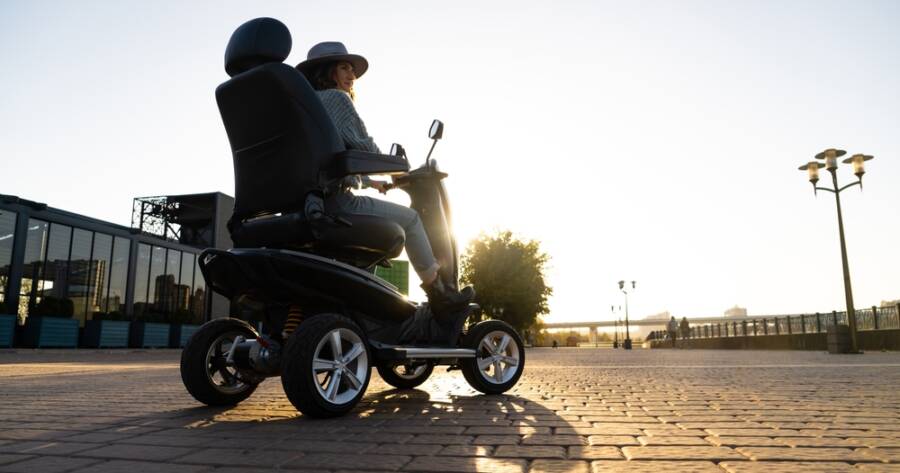Medicare mobility scooters serve as essential tools for individuals with limited mobility, providing enhanced freedom within their home environment. Coverage under Medicare Part B is subject to specific criteria, necessitating a physician’s assessment of medical need and proper documentation. Eligibility revolves around age, residency, and navigating the intricate coverage process, including cost, supplier selection, and type of scooters available. Further understanding of supplemental options and program details can lead to informed decisions and improved quality of life.
Understanding Medicare Mobility Scooters
Medicare mobility scooters are a vital resource for individuals with limited mobility within their home environment. Medicare Part B provides coverage for these devices under specific conditions. The requirement for coverage hinges on the evaluation of medical necessity by a physician. During a face-to-face evaluation, the doctor assesses whether other mobility aids like canes or manual wheelchairs would suffice, before prescribing a power scooter. The prescription must clearly document the necessity for the scooter as part of the treatment for a health condition affecting mobility, and the home must be suitable for its use.
Eligibility Requirements for Medicare Coverage
To be eligible for Medicare coverage of a mobility scooter, an individual must be enrolled in Original Medicare, must be a U.S. resident, and must be at least 65 years old or have a qualifying disability. A critical aspect of eligibility involves demonstrating that scooters are medically necessary for use within the home. Issues such as narrow doorways may present challenges, thus prior assessment of home suitability is often advised.
Doctor’s Prescription and Documentation
A doctor’s prescription is needed, accompanied by a seven-element order that includes an in-depth evaluation and proof of medical necessity. The doctor must be a Medicare-accepting provider, and this documentation needs to be submitted to a Medicare-approved supplier within 45 days. The documentation and supplier’s compliance with Medicare guidelines play a significant role in ensuring that costs are managed and that coverage is provided accurately.
Medicare Part B Coverage Details
When eligible, Medicare Part B covers 80% of the scooter’s approved cost, once the annual deductible of $240 for 2024 is satisfied. However, the process involves using suppliers who accept Medicare assignment to avoid extra charges. Opting for suppliers that accept assignment means Medicare is billed directly, but at times patients may pay upfront and await reimbursements from Medicare.
Types of Mobility Scooters Covered
Medicare covers several types of power scooters, including the Go-Go Elite Traveller® and Victory® 9.2 Power Scooter, both designed for ease of use within the home and featuring transportable, lightweight parts. These models cater to users needing compact, strong yet safe mobility options that facilitate both independence and comfort in daily activities within the home.
Additional Coverage Options
Aside from Original Medicare, individuals may seek supplemental coverage through Medicare Advantage (Part C) or Medigap plans, which can help in covering costs not covered by Original Medicare. These plans often have varied terms, so it is important for beneficiaries to carefully examine their plan details. Moreover, beneficiaries might find it advantageous to explore the Medicare Competitive Bidding Program, which can influence cost through localized supplier competition.
Why You Should Learn More About Medicare Mobility Scooters Today
Understanding the eligibility and coverage details for Medicare mobility scooters is crucial for individuals seeking to enhance quality of life through increased mobility within their home. Knowing the requirements, such as doctor’s documentation and supplier selection, ensures that beneficiaries can better navigate the Medicare landscape. This awareness not only aids in gaining access to necessary mobility aids but also provides financial clarity and the opportunity to make well-informed healthcare decisions.
Sources
Eligibility for Medicare Coverage
